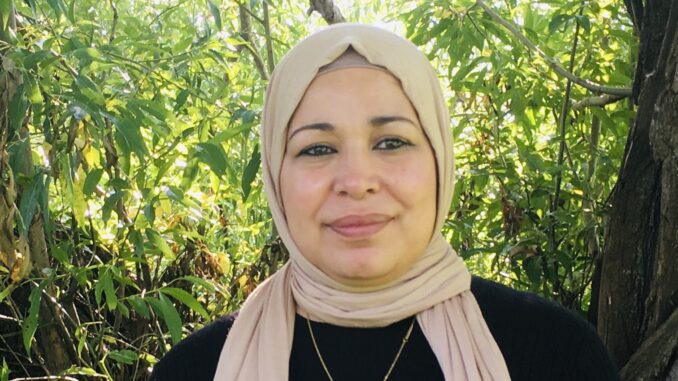
Could my religious choices be putting my kids at risk?
Rapid thoughts prevented me from sleeping that night after reading the horrific hate-motivated car attack on a Muslim family in London, Ontario, who were out for a walk on the evening of June 6th, 2021.
I woke up on Monday morning, looking for any updates about the incident. Four members of the same family were killed and left the youngest, nine years old, in the hospital in serious condition. I felt a lump in my throat when I imagined the only survivor waking up and asking about his mother, father, sister, and grandmother. With choked tears, I ran to my kids’ rooms and looked to their faces for reassurance.
In August 2017, I arrived in Canada seeking safety for my kids and family. The Egyptian government attacked journalists and civil society activists after the military coup in 2013- and still does. There are more than 60,000 prisoners without trials; therefore, the departure decision from Cairo was inevitable.
But Muslims are not always safe here either. Yesterday, a London lawyer said his elderly father was assaulted in a Costco parking lot over the weekend and told him to “go back to where he came from.”
According to the latest data from Statistics Canada, police-reported crimes against Muslims have declined slightly over the past three years. Between 2018 and 2020, an average of over 140 incidents was reported each year. Despite an overall increase in hate crimes during the COVID 19 pandemic, last year was the lowest number since 2013, with 82 hate crimes reported.
Attacks on Muslim women have been reported in cities like Edmonton, and mosques are still threatened. Last month, the Langley Mosque in British Columbia received a letter threatening a mass shooting similar to Christchurch in New Zealand, killing 51 Muslims in 2019.
After the London attack, some women have begun to question that belief and wonder aloud if their children will be able to practice their religion openly without fear.
Stories of fear and grief have been shared among Muslim women in my community. They often ask: What has the government done to counter Islamophobia?
In the Criminal Code of Canada, terrorism is partially defined as: “the intention of intimidating the public, or a segment of the public, with regard to its security, including its economic security.”
These incidents are simply terrorism because the doers intend to prevent thousands of women from being in the public sphere. They prevent students from going to schools, workers from companies, doctors from hospitals, mothers from going to markets, which threatens the country’s security.
In a report to the UN Human Rights Council this year, UN experts concluded that anti-Muslim hatred is widespread around the world. They said “epidemic proportions” of Muslims are targeted based on visible characteristics such as “names, skin colour and clothing.” The UN urged states to act, and said it was “essential to identify and evaluate how State structures perpetuate and legitimize Islamophobia and actively discriminate against Muslim individuals and communities.”
Last July, The National Council of Canadian Muslims (NCCM) called on Prime Minister Justin Trudeau to convene a National Action Summit on Islamophobia.
Since November 2016, the province of Ontario established October as Islamic History Month through the Islamic Heritage Month Act. But the question is raised; is it enough?
Removing my hijab would not make Muslims in Canada safer. Instead, in schools, media, companies, and social institutions, taking action against hate crime and Islamophobia is strongly needed here and now. Canadians have to learn about Islam, the impact of Islamophobia, and the movement to stop it. Islamic Heritage Month would be a great opportunity for younger generations to learn about Islam.
